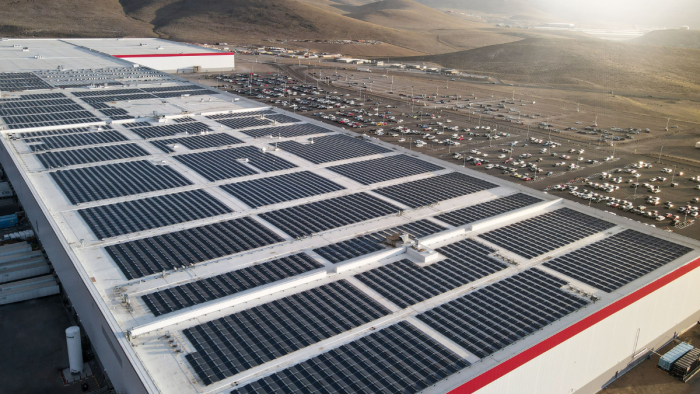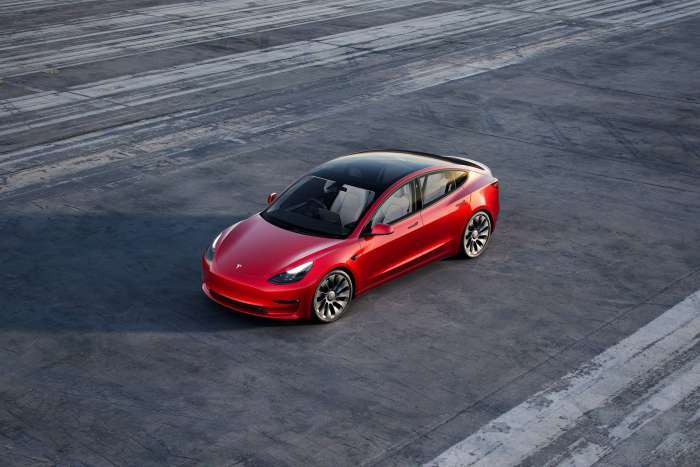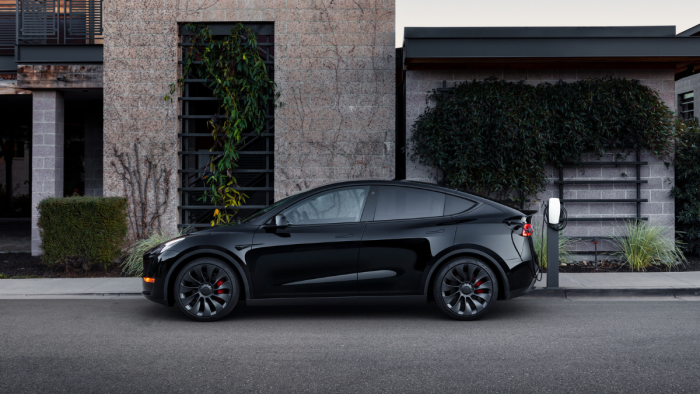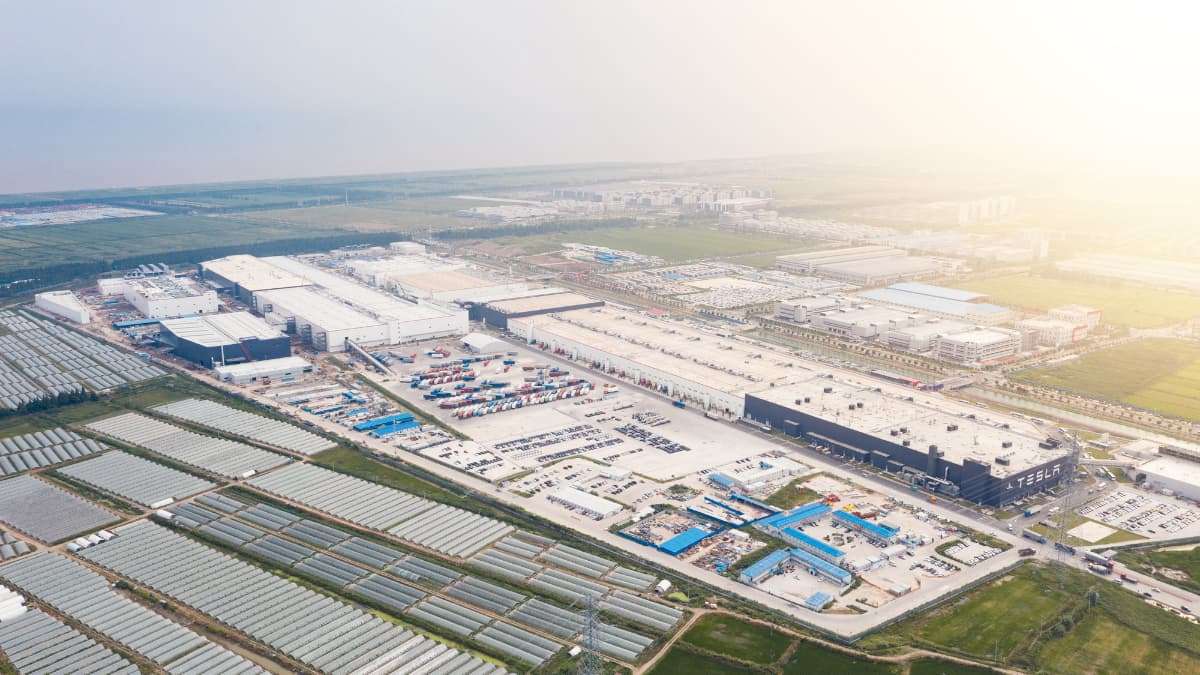In recent years China has become the world's industrial factory, as many OEM manufacturers have chosen the country to build their vehicle production plants, especially motivated by its affordable and high-quality labor force. One of them was Tesla, which actually has one of its most profitable Gigafactories in Shanghai. As part of its plans, building a second facility in China was announced and widely discussed on social media; but at least for now, it is not entirely clear that this will be finally carried out.
Elon Musk wants a second factory in China, that is for sure; more specifically, only 3 kilometers from Tesla Giga-Shanghai, the one that is currently so profitable. To do so depends on the approval of the Chinese authorities, who have already been asked for authorization to work on a territory of some 70 hectares of former farmland, that as of now is completely covered with wild flowers. But not everything is so positive for the electric car company, since Tesla could potentially be a victim of its own success in the automotive market.

The National Development and Reform Commission (NDRC), China's state planner, has been especially cautious in giving final - and official - approval to Elon Musk's plans, especially due to concerns about excess market supply and production capacity for the Chinese market, as well as the very price 'war' that the Austin manufacturer has started not so long ago. This information has been leaked by the rival companies themselves and by experienced industry analysts, and reported by Reuters.
Bill Russo, the founder and CEO of the consultancy firm “Automobility”, estimates that in China there is currently an excess production capacity of around 10 million vehicles a year. “You could argue that if I have new products, I need to have a new factory to build them. But from the Chinese government's point of view, all they see is an oversupplied market," Russo said in his report.
In Tesla's plans was the construction of this second Chinese Gigafactory that would have an annual production capacity of around 450,000 electric cars, and which would represent a capitalization of more than 18 billion dollars. These figures would add up to those already presented by the current Shanghai Gigafactory, which would mean that - only in China - Tesla would reach an annual production of more than 1.2 million units per year.

After several meetings with top Chinese executives, including Vice Premier Ding Xuexiang, Musk has told a small group of his company officials that he sees "positive progress" in this regard, though he does not provide further details on the case. At the same time, Reuters has contacted Tesla and the NDRC with a view to obtaining more information, but neither party has commented.
“Tesla is doubling down in China and while it has had some hiccups over the last year, we believe Musk's trip to China has eased the situation and we expect announcements of progress in the coming months,” said Dan Ives, an analyst at Wedbush Securities. “Tesla needs China, because the supply chain benefits of being here and the competitive barrier that it sets up, makes Tesla a more competitive company globally,” he concluded.
It is worth noting that China's electric vehicle market is not only crucial for Tesla, but also serves as a significant growth factor for the overall automotive industry. With strong government support for clean energy and technological advancements, many local and global automakers are focusing on EV development to tap into the growing demand.
However, the rapidly increasing number of electrical vehicle manufacturers and factories could eventually result in market saturation and increased competition, which might drive down the earnings for all players involved, including Tesla. This could also affect consumers, as lower profits could translate to fewer innovations and improvements in EV technology.

Moving forward, it is crucial for Tesla and other automakers to strike a balance between scaling production capacities and adhering to market demands. This will enable the sustainable growth of the electric vehicle industry while minimizing the risks associated with oversupply and excessive competition.
In conclusion, while Tesla's ambitions to construct a second Gigafactory in China showcase its commitment towards the Chinese market, it is essential for the company to work closely with local authorities and factor in prevailing market conditions. As the industry continues to evolve, both Tesla and competing automakers must navigate the complex landscape of supply, demand, regulations, and market dynamics to ensure long-term success in the rapidly expanding electric vehicle space.
Source: reuters
Nico Caballero specializes in Data Analytics and solar energy. He also holds a Diploma in Electric Cars from Delft University of Technology in the Netherlands, and enjoys doing research about Tesla and EV batteries. He can be reached at @NicoTorqueNews on Twitter. Nico covers Tesla and electric vehicle latest happenings at Torque News.





